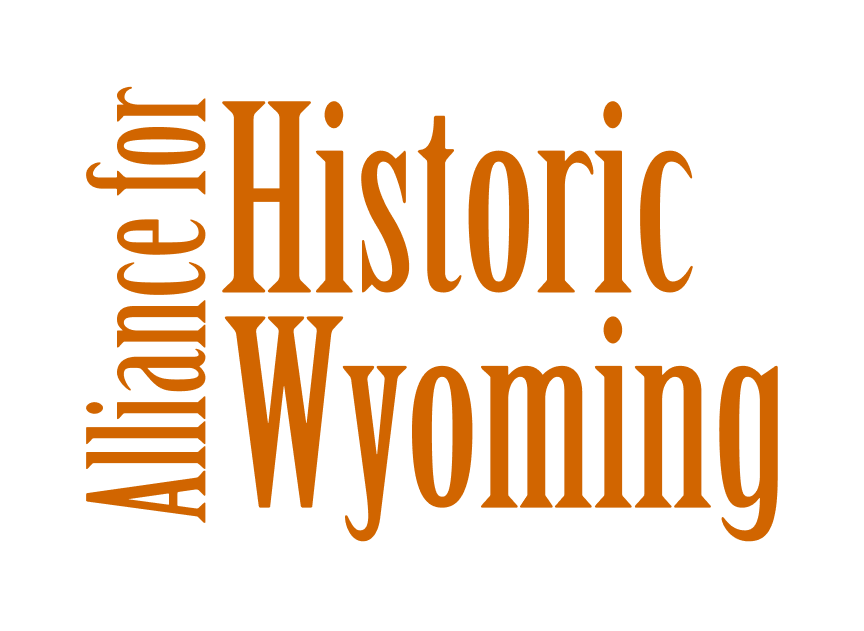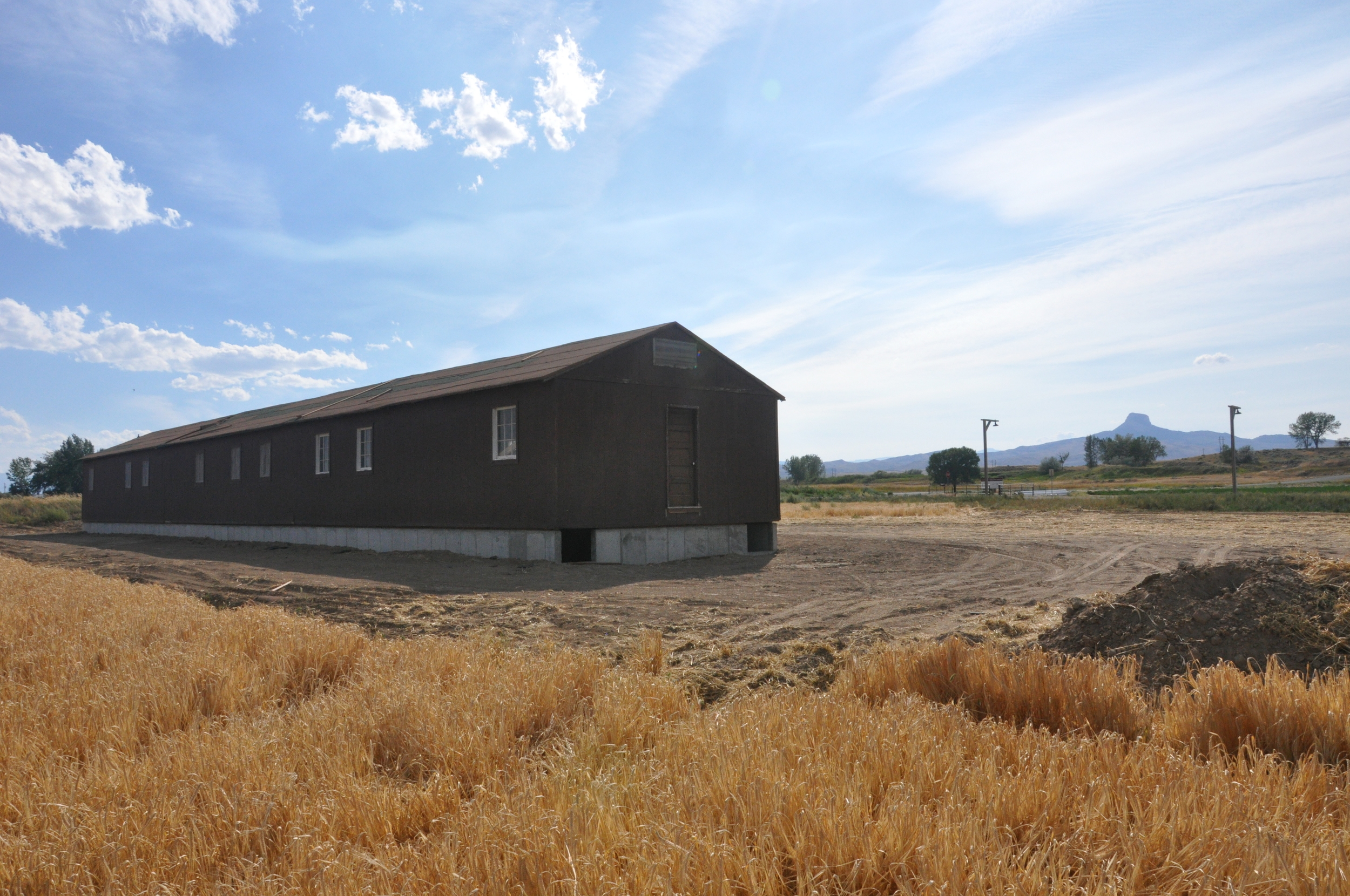By Luke Anderson
February 11, 2016
The Gothberg Ranch near Casper, originally settled in 1885, is just one example of how historic ranches preserve the integrity of the landscapes around them.
Wyoming is not referred to as “The Cowboy State” for no reason. Wyoming’s early history epitomized the spirit of the “wild” West, defined by rambunctious towns and endless vistas of daunting wilderness. Survival in 19th century Wyoming depended on the the hardened grit of the cowboys and cowgirls that settled in the territory, and with all that available land, ranching was a logical industry for many to turn to. In fact, agriculture remains Wyoming’s third largest industry today (after mineral extraction and tourism). The success of ranching is thanks to the open acreage needed to support our cattle industry that Wyoming’s wide-open spaces allow.
The Nagle Warren Mansion is one of a few 19th century Victorian mansions remaining in Cheyenne made possible by the cattle industry.
The first recorded cattle drive in Wyoming happened in 1866 when Nelson Story drove 600 Texas longhorns past Fort Laramie up the Bozeman Trail. By 1870, the Wyoming assessment listed 8,143 cattle; a year later, that number had more than doubled. The September 12, 1871 Cheyenne Leader noted that “immense herds of cattle are constantly arriving from the east.” The open spaces of the ranches transferred wealth to the isolated cities, resulting in many “cattle baron” mansions, such as the Nagle Warren Mansion in Cheyenne.
Typically, ranchers owned several thousands acres with cowboys doing the work of these enormous spreads. These large properties are one of the things that helped preserve Wyoming’s open spaces for so long. Another contributing factor were the ranchers’ use of the public range. Today, leased BLM acreages are essential for these large ranch operations. Nonetheless, many factors are straining the viability of these historic ranches. Increasingly, these historic properties are being transformed into “ranchettes,” hobby ranches of 35 acres or less that no longer raise livestock. Other ranchers are finding bison to be more economical than cattle.
LIKE WHAT YOU JUST READ?
- Browse our archive of Historic Places and Spaces Profiles by clicking here.
- To learn about all of our campaigns and initiatives, click here.
- Subscribe to our newsletter to learn more about what’s going on in Wyoming.
- Donate or become a member to help us produce stories, organize events, and be a voice for preservation across the state.
- Like us on Facebook, and follow us on Twitter and Instagram to see our latest updates!




3 Comments
byRose Schutzman
Do you have any information on Crooks Gap, Wyoming. It was a oil camp,with one room school house. It was located about 7 mile off road from Jeffrey City. Me and some of my brothers and sisters started school there. Rose Schutzman (Nitchman)
byAlliance for Historic Wyoming
Hi Rose – thanks for your question. I don’t know anything off the top of my head about Crooks Gap, Wyoming. I will forward the question on to our board and see if they know anything else.
bySuzanne Seymour
my grandfather was born and raised on the shanton ranch in Laramie. Do you have any data on him? Thanks , Suzanne shanton seymour
Comments are closed.